Pakistan’s powerful military establishment, through its sprawling economic ventures, has continued to flourish even as the nation faces unprecedented economic collapse. Dubbed ‘Milbus’—or military business—this shadow economy encompasses real estate empires, powerful conglomerates, and offshore wealth, perpetuating inequality and undermining democratic governance. As Pakistan grapples with staggering inflation, crippling debt, and poverty, the military elite thrives, exacerbating socioeconomic instability and fuelling regional unrest.
Contrasting Realities: Prosperity Amid Poverty
As Pakistan teeters on economic collapse—grappling with 38 per cent inflation, foreign reserves nearing depletion, and over 100 million citizens below the poverty line—a striking paradox emerges. Against this backdrop of desperation, Pakistan’s military elite enjoys unparalleled prosperity. Lavish lifestyles, luxurious housing enclaves, and thriving business interests sharply contrast the daily struggles of ordinary citizens.
Defence Budget: Guns Over Butter
While IMF-imposed austerity measures push the general population into deeper hardship, Pakistan’s defence budget remains untouchable. For fiscal year 2024-25, defence spending ballooned to approximately PKR 2.13 trillion, reflecting an 11 per cent year-on-year increase in military salaries and pensions. In stark contrast, education receives merely 2 per cent of GDP, and healthcare a paltry 1.3 per cent. This glaring disparity demonstrates how defence priorities continue to supersede critical public services.
Milbus: An Economic Empire Built by Generals
Entities such as the Fauji Foundation, Army Welfare Trust, and Defence Housing Authority (DHA) represent Pakistan’s sprawling ‘Milbus’ empire, covering sectors from agriculture and manufacturing to banking and real estate. These conglomerates benefit immensely from tax exemptions, minimal oversight, and privileged market positions. Estimates suggest military entities control nearly 12 per cent of Pakistan’s land, particularly lucrative urban real estate, significantly distorting market dynamics and exacerbating inequality.
Land Scams and Real Estate Profiteering
The Defence Housing Authority’s (DHA) real estate ventures exemplify military economic privilege. Scandals like DHA Valley Islamabad reveal how senior military officers leverage state resources for private gain. Historical data indicates that over half a million acres of land were granted to senior officers between 1985 and 2005, perpetuating wealth concentration within the military elite and pricing ordinary citizens out of housing markets.
Quick Reads
View AllOffshore Wealth: The Global Corruption Trail
The 2021 Pandora Papers exposed the offshore dealings of top military officials, including Lt Gen Asim Saleem Bajwa’s multimillion-dollar investments in the United States and Lt Gen Shafaat Ullah Shah’s London real estate assets. Such revelations highlight how military figures exploit offshore financial havens, draining national resources and eroding public trust.
Geopolitical Dependency and Sovereignty Risks
Pakistan’s economic vulnerabilities have made it increasingly reliant on external creditors—particularly China via the China-Pakistan Economic Corridor (CPEC). Initially heralded as transformative, CPEC projects have deepened economic dependence, prioritising Chinese and military interests while marginalising local communities, notably in resource-rich yet impoverished Balochistan. This dependency risks strategic compromises, potentially including Chinese control over critical infrastructure or military basing rights, undermining Pakistan’s autonomy.
Internal Security Undermined by Economic Instability
The economic crisis has direct implications for Pakistan’s national security. Severe foreign exchange shortages have led to energy crises and widespread power blackouts, weakening military readiness and disrupting critical infrastructure. Reduced military procurement and delayed modernisation further widen the technological gap with rivals, while economic hardship and delayed salary payments to security forces erode morale and operational effectiveness.
Poverty, Radicalisation, and Social Unrest
Economic desperation has provided fertile ground for extremist groups, including Tehrik-i-Taliban Pakistan (TTP), which exploit widespread unemployment and poverty to recruit disaffected youth. Violent protests over energy prices and inflation reflect growing public discontent, presenting fertile ground for extremist ideologies and further destabilising the state.
Balochistan’s Uprising Burns Bright
In resource-rich yet impoverished Balochistan, resentment against military exploitation has evolved into a robust insurgency, increasingly sophisticated and strategically unified under groups like the Baloch National Army (BNA). Fuelled by decades of neglect and exploitation, this insurgency targets Pakistani security forces and Chinese interests tied to CPEC projects.
The military’s heavy-handed response—mass disappearances and aggressive crackdowns—has intensified local resistance, fueling separatism rather than quelling it. As a result of the combined onslaught of Baloch freedom fighter groups and TTP, Pakistani security forces are losing 55 to 60 personnel every month since the past year. It is only a matter of time before the common public takes to the streets. Almost 50 per cent of the security forces killed belong to the Pakistan Army. Despite these mounting losses, the military leadership remains unyielding in its exploitative practices.
Calls for Structural Reform
Experts urge Pakistan to urgently dismantle the military’s economic dominance by instituting civilian oversight, imposing transparency on military enterprises, and redistributing resources equitably. Structural reforms, including prioritising democratic governance and strengthening judicial independence, are critical to reversing economic deterioration and addressing regional grievances.
Reform or Collapse
Without meaningful reform, Pakistan risks further economic decline, intensified civil unrest, and greater internal fragmentation. The continued military economic dominance, if unchecked, poses a profound existential threat—not only domestically but also in its regional and geopolitical relationships. Pakistan must choose between reforming its entrenched military economy or continuing down a path toward inevitable socio-economic and political collapse, which may take the country up the path of anarchy.
Lt Gen Dushyant Singh (Retd) is Director General, Centre for Land Warfare Studies (CLAWS). Views expressed in the above piece are personal and solely those of the author. They do not necessarily reflect Firstpost’s views.


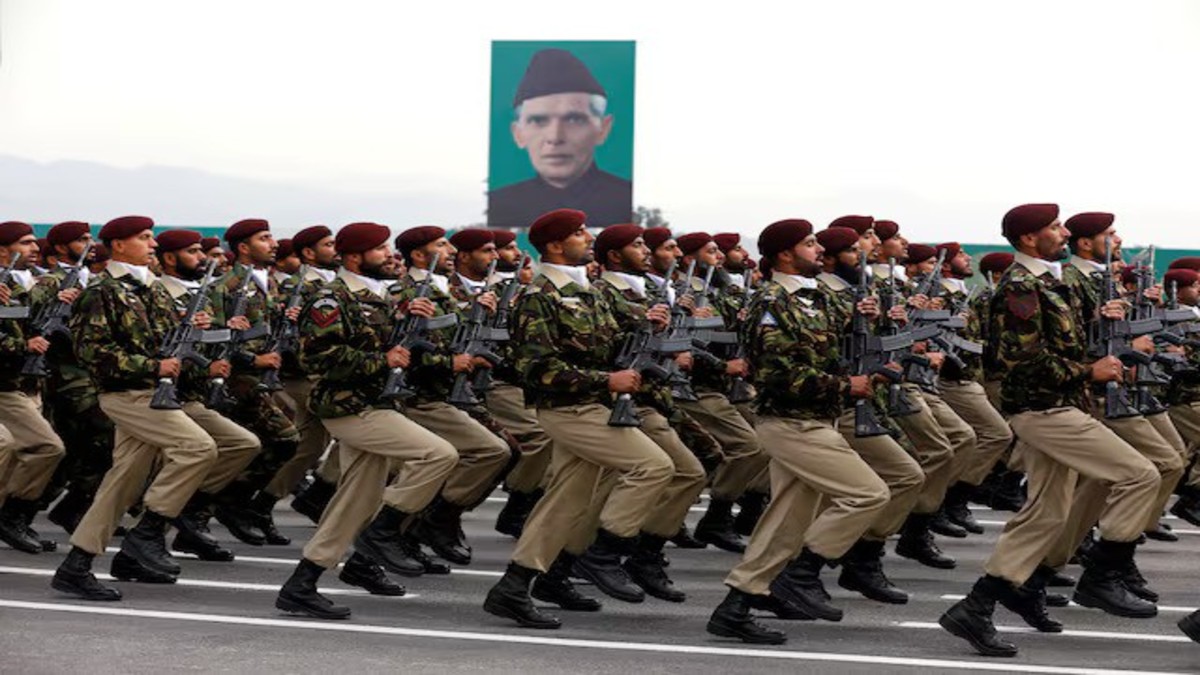)
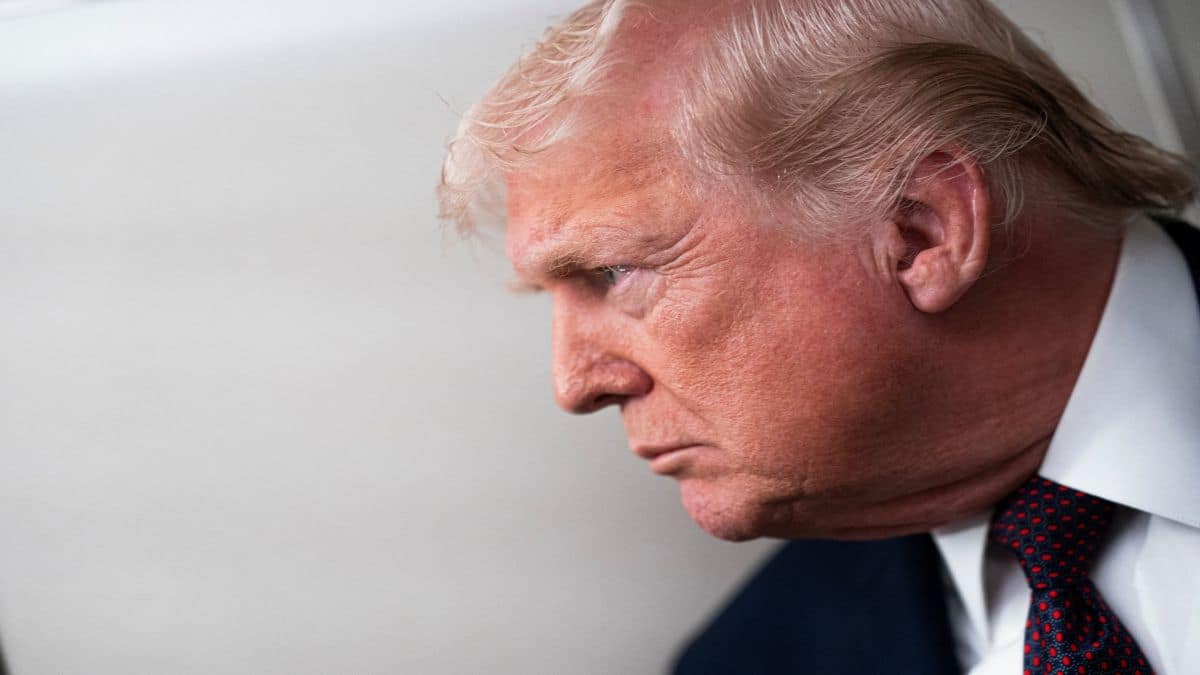
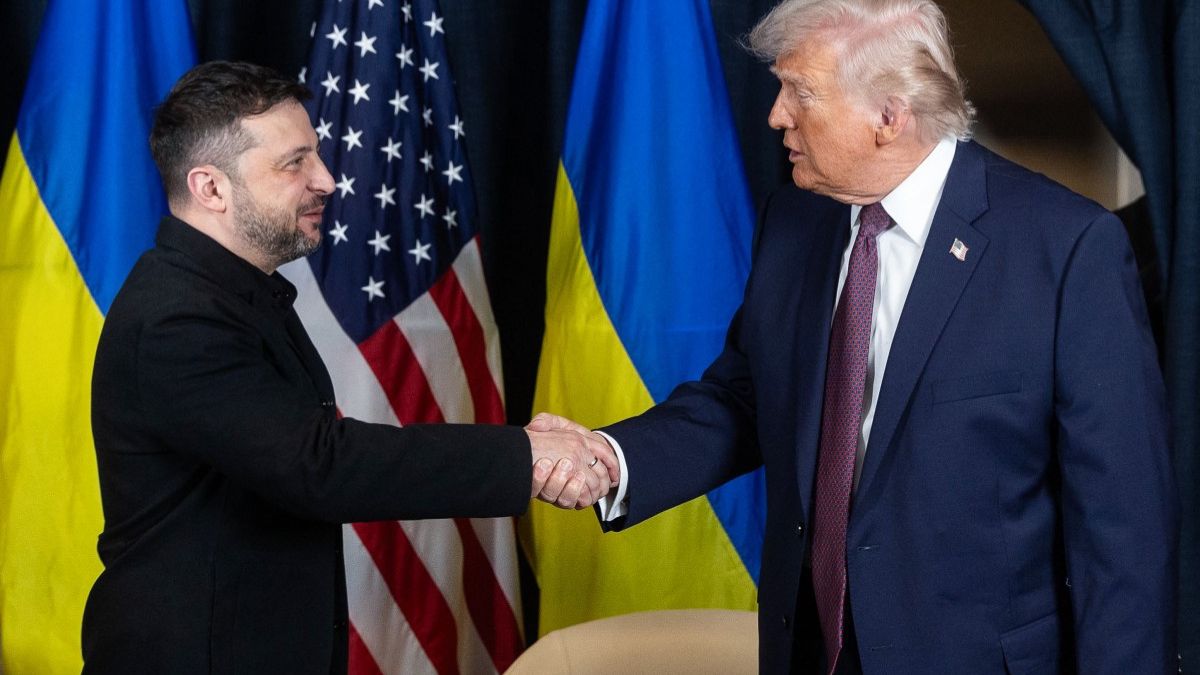)
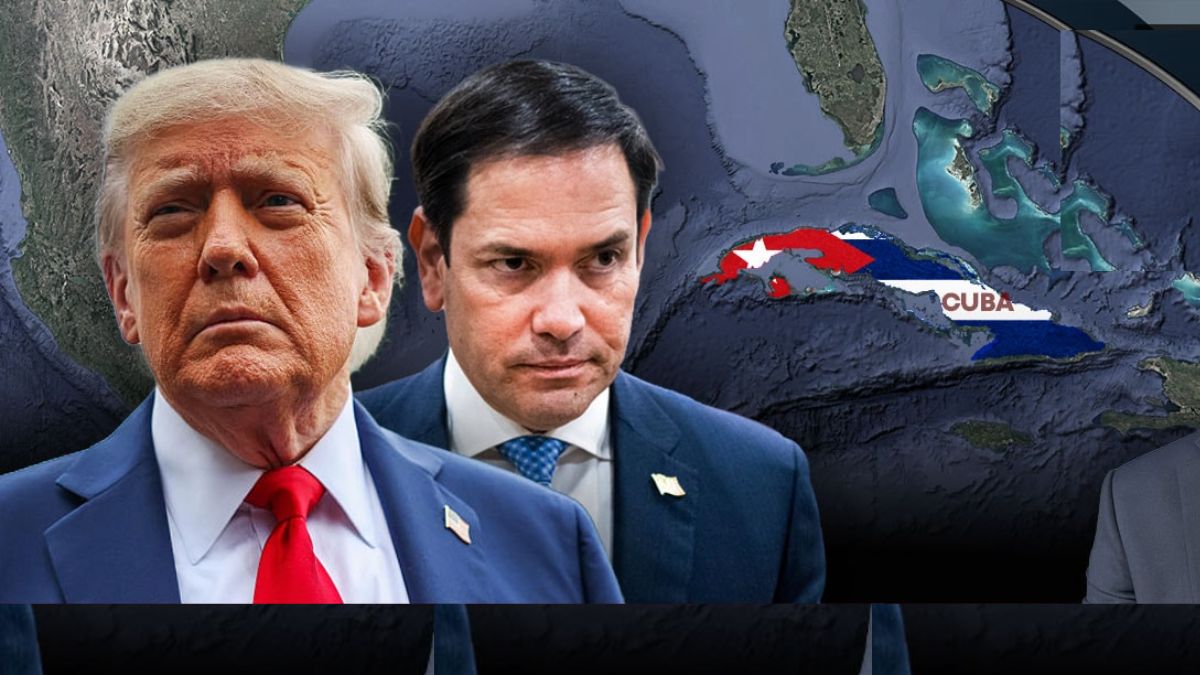)
)
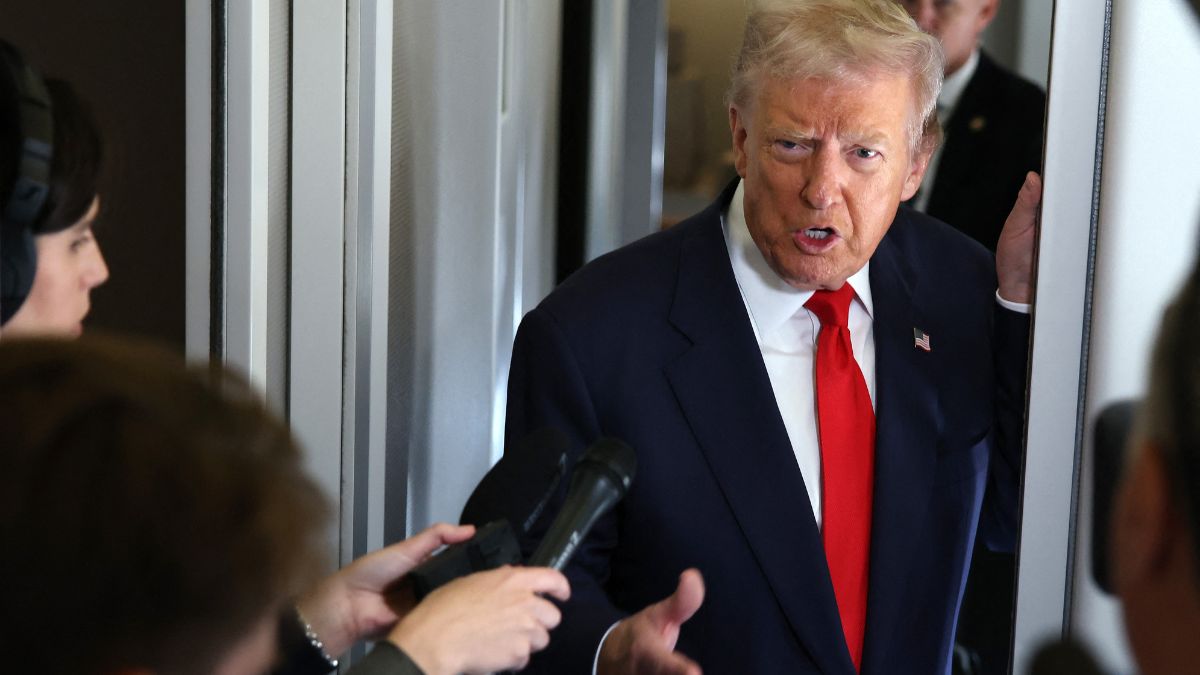)
)
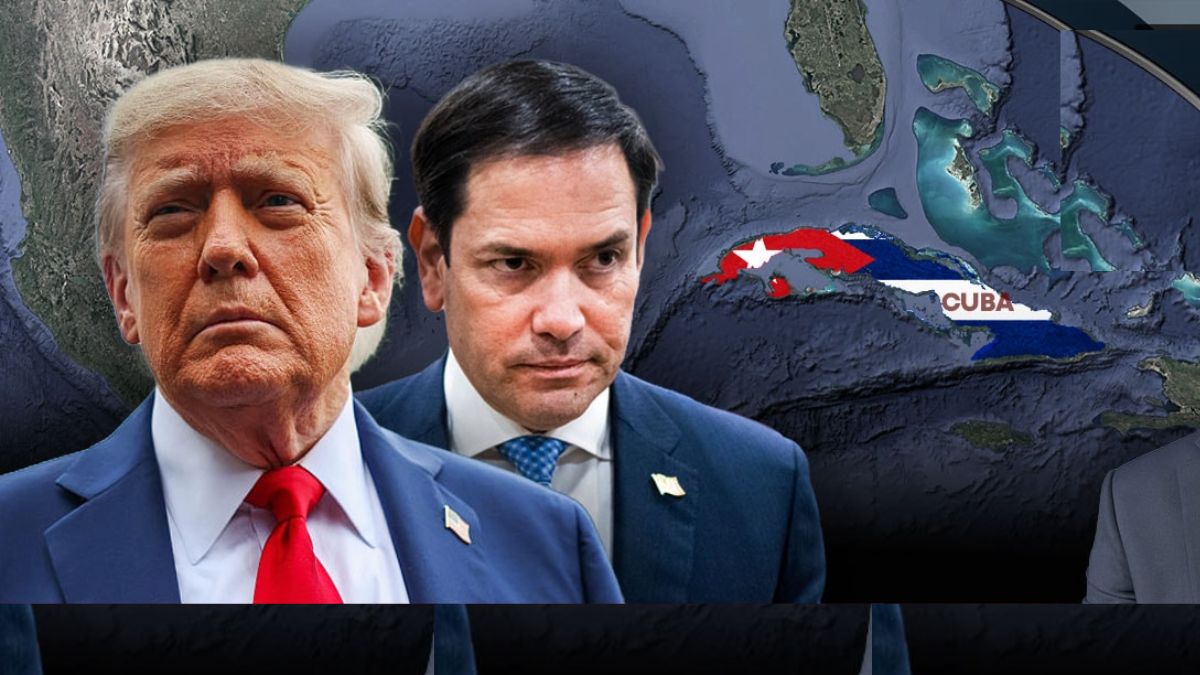)
)
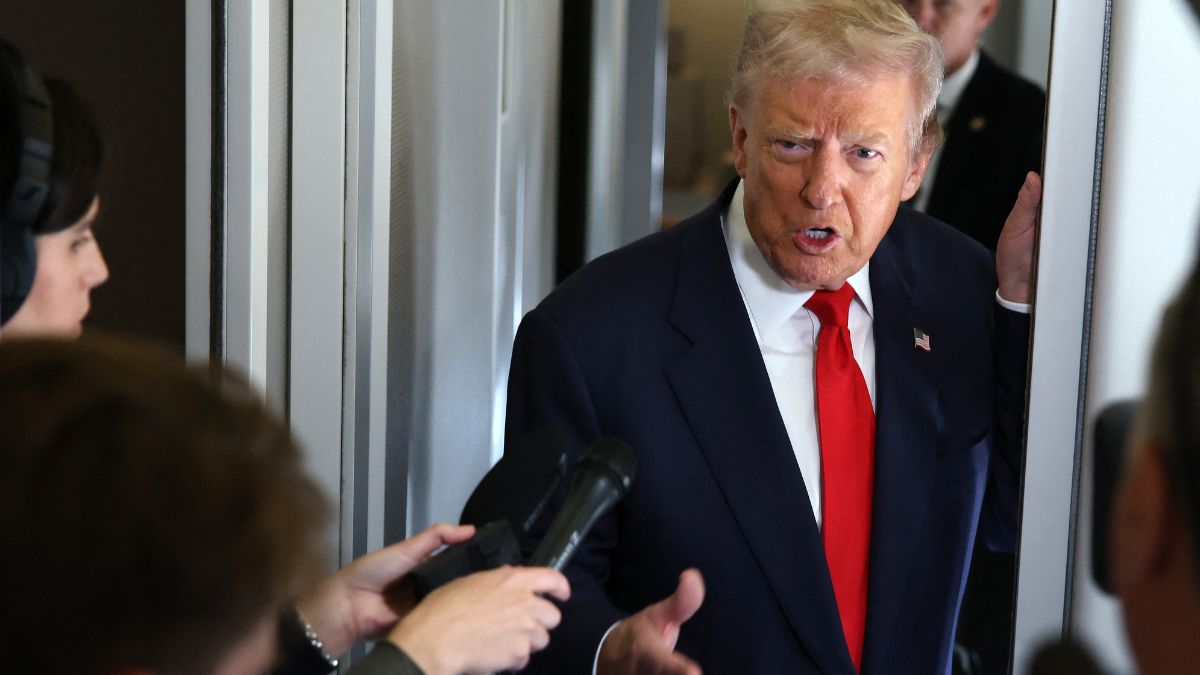)



